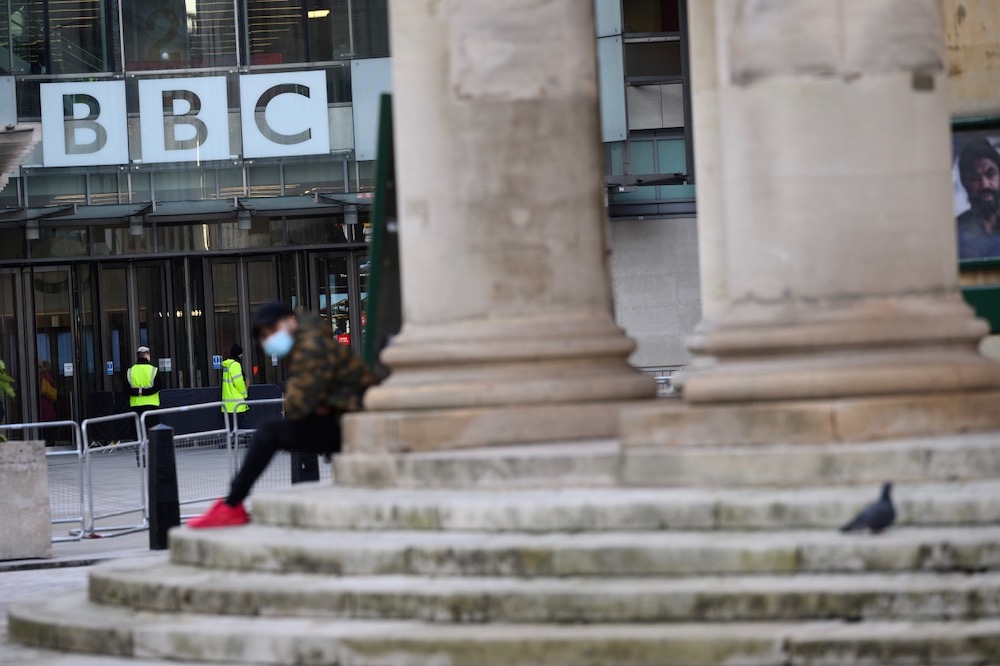Authorities in Somalia's semi-autonomous region announced the suspension of the operations of international media outlet BBC, on the broad allegation that it is "undermining the credibility of the Somaliland state".
This statement was originally published on cpj.org on 20 July 2022.
In response to news reports that authorities in the breakaway region of Somaliland on July 19 indefinitely suspended the BBC, the Committee to Protect Journalists issued the following statement:
“Taking the BBC off the air will only rob the public of access to a source of critical reporting on matters of local and international importance and entrench the view that Somaliland is an increasingly hostile place for journalism,” said Muthoki Mumo, CPJ’s sub-Saharan Africa representative. “Authorities should reverse this decision, ensure that the BBC can operate freely, and refrain from future interference in the work of the press.”
In a press conference covered by local broadcasters, Saleban Yusuf Ali Koore, Somaliland’s information minister, said the government was immediately suspending all BBC activities as of Tuesday, July 19. It was unclear, from the minister’s statements, whether the ban would be limited to BBC’s Somali service programming or affect the entire outlet’s broadcasting and reporting operations in Somaliland. Saleban accused the BBC Somali of abandoning impartiality and “undermining the credibility of the Somaliland state,” according to those reports.
The BBC has not been formally notified of the suspension, a BBC spokesperson told CPJ by email, adding that the broadcaster was committed to serving its Somaliland audiences, and was seeking further clarification about the suspension from the government. As of Wednesday, BBC broadcasts are no longer accessible in the region via FM radio, but can be accessed on shortwave radio and through its website, according to Guleid Ahmed Jama, a human rights lawyer in Hargeisa, Somaliland’s capital, who spoke to CPJ via messaging app.
